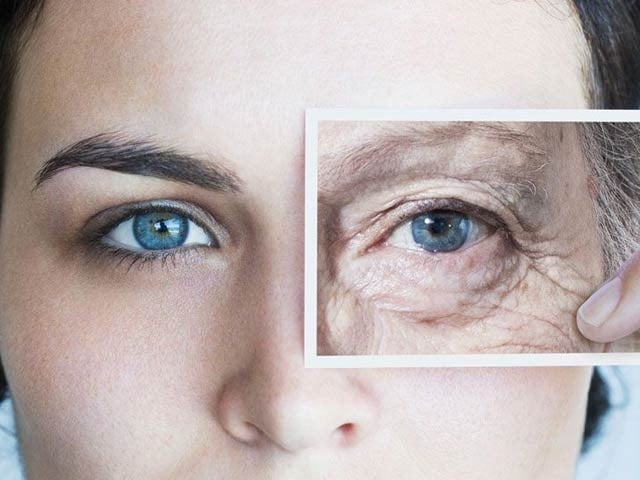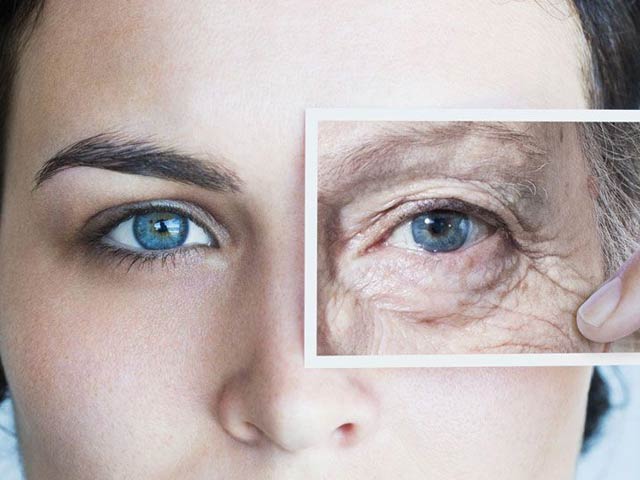
A sense of hunger can also slow down the aging process. Photo: File
Michigan: Experts have made it clear from experiments on fruit flies that it is not necessary to reduce the nutritional requirements, but keeping the sense of hunger alive can also increase life.
Experts have long believed that eating less, fasting or intermittent fasting has beneficial effects on the body, resulting in longer life. But now a study says that just increasing the sensation of hunger produces the same results.
Although some animals, including rats and fruit flies, can be made to live longer by stopping their food. But now the fruit flies have been put on the table again, and now university physiologist Scott Pletcher has something new to say. He belongs to the University of Michigan.
He insists that although intermittent fasting has shown some benefits, most of its research has been done only in animal models. This is why studies of intermittent fasting on the human effects are few.
Fruit flies share 75% of the same genes as human diseases. That is why experts tested them. Experts reduced the ‘branched chain amino acid’ (BCCA) in the bees’ diet, which induces a feeling of fullness. In this way the flies continued to eat but the feeling of hunger did not decrease.
In this condition, their neurological and genetic processes were evaluated. Several factors and activities have been developed that prevent aging. Similarly, positive changes were also noted at the DNA and cellular levels.
Although this cannot be fully applied to humans, it has been proven that even hunger can reverse aging.
(function(d, s, id){
var js, fjs = d.getElementsByTagName(s)[0];
if (d.getElementById(id)) {return;}
js = d.createElement(s); js.id = id;
js.src = “//connect.facebook.net/en_US/sdk.js#xfbml=1&version=v2.3&appId=770767426360150”;
fjs.parentNode.insertBefore(js, fjs);
}(document, ‘script’, ‘facebook-jssdk’));
(function(d, s, id) {
var js, fjs = d.getElementsByTagName(s)[0];
if (d.getElementById(id)) return;
js = d.createElement(s); js.id = id;
js.src = “//connect.facebook.net/en_GB/sdk.js#xfbml=1&version=v2.7”;
fjs.parentNode.insertBefore(js, fjs);
}(document, ‘script’, ‘facebook-jssdk’));



